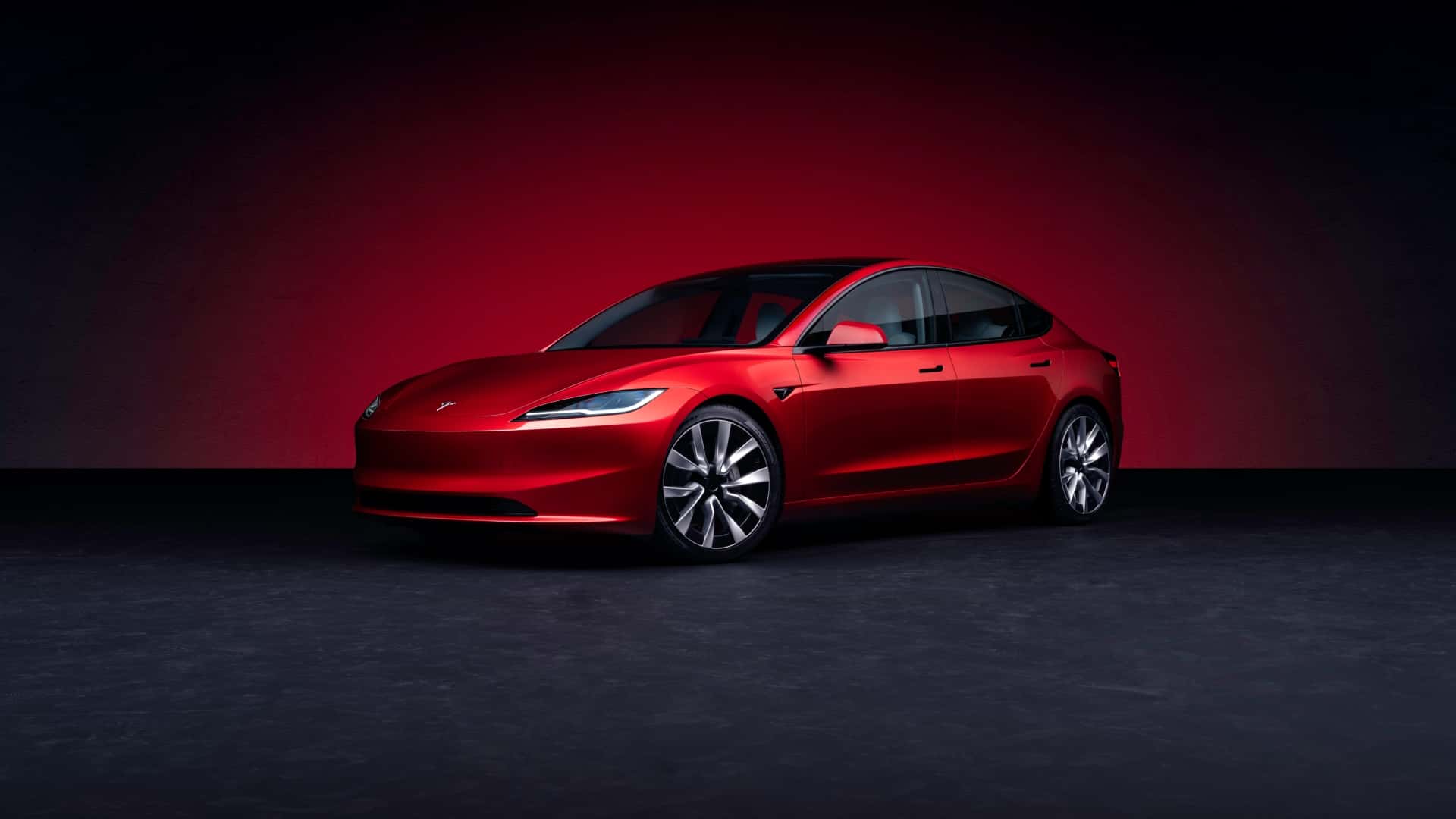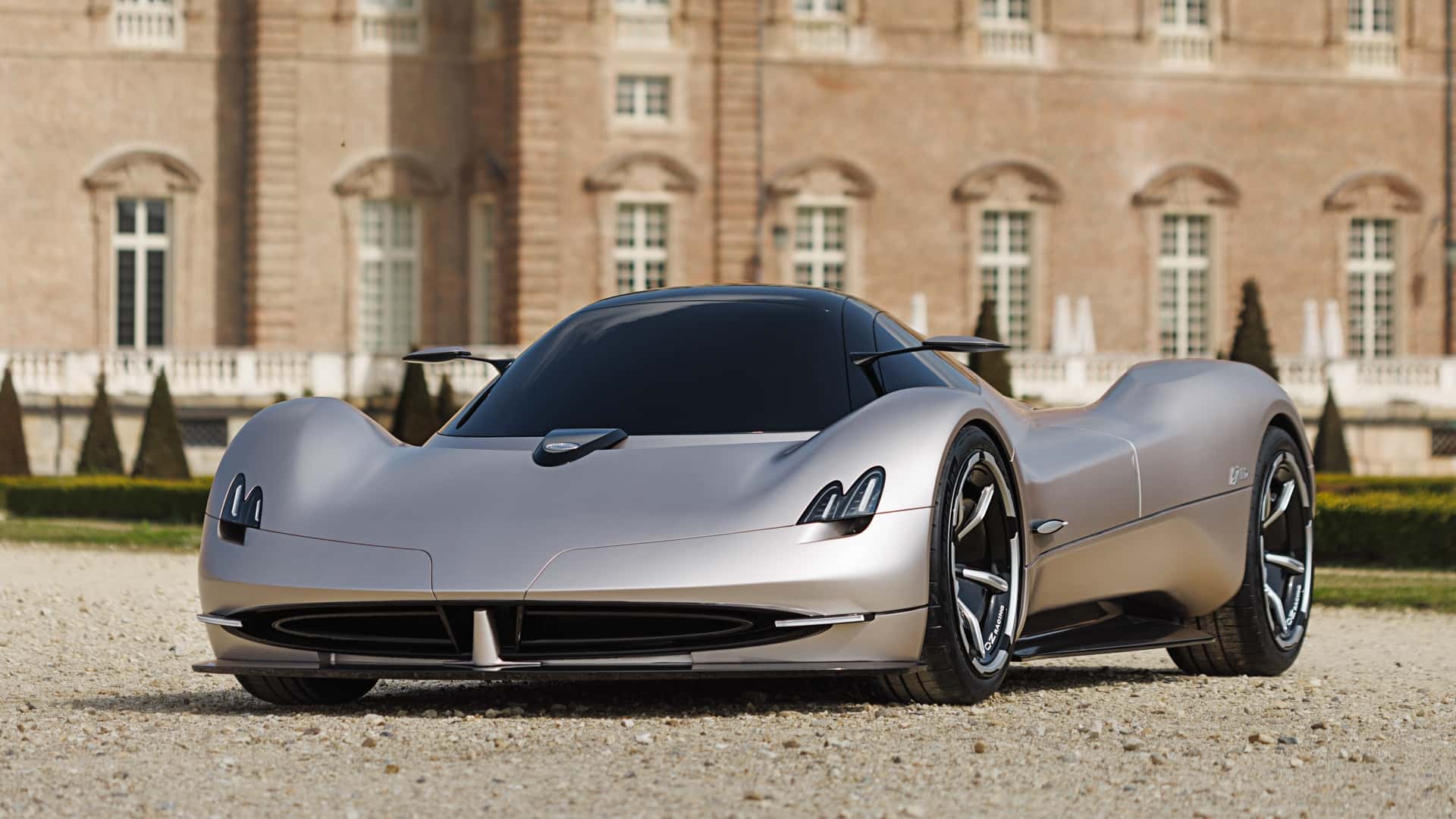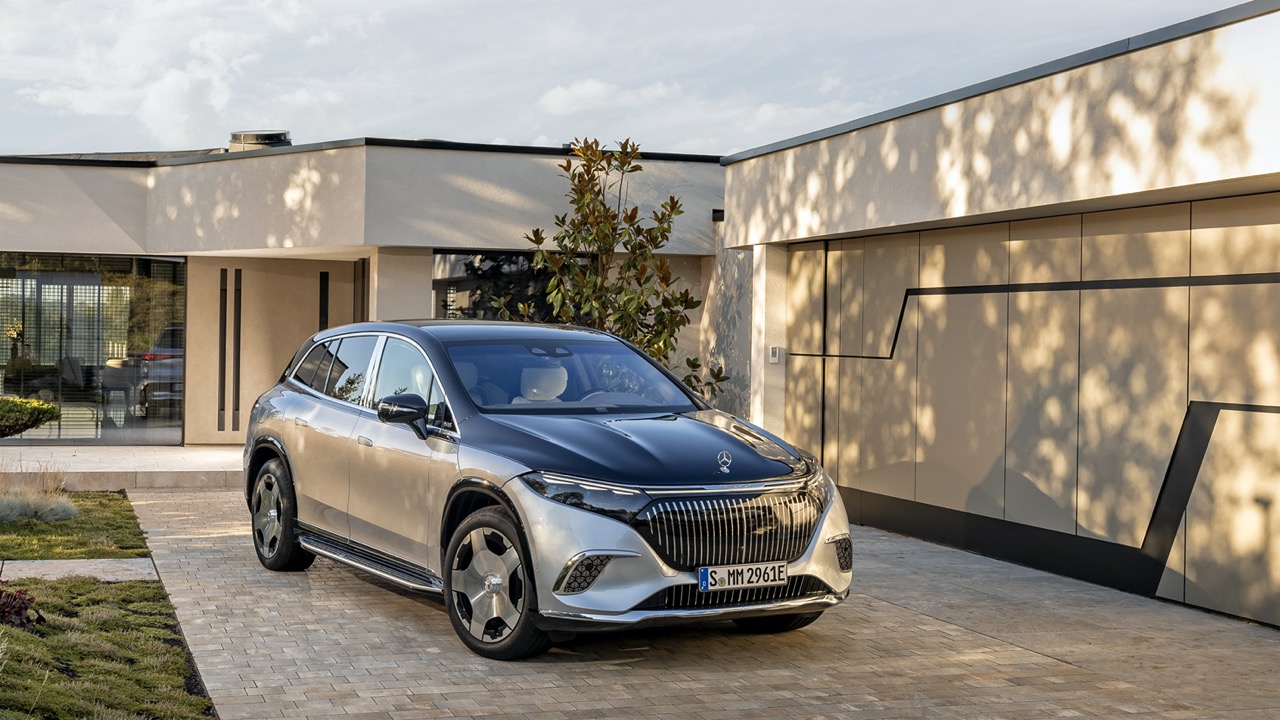The global electric vehicle (EV) market is experiencing a noticeable deceleration in demand, with several intertwined factors contributing to this shift. While vehicle sales maintain an upward trajectory, the fervent appetite for EVs isn’t aligning with initial projections set by the automotive industry. Here’s a comprehensive look at the key elements affecting the international EV market:
Vehicle Loan Benefits Altering Preferences
One pivotal reason behind this slump in EV demand is the growing attractiveness of vehicle loan benefits in advanced economies. These financial incentives aim to counteract inflation rates in a post-pandemic economic landscape. Despite vehicles still being purchased, these incentives are now tempting potential buyers towards conventional internal combustion engine (ICE) vehicles.

Market Growth Falling Short of Expectations
Industry leaders had high hopes for exponential growth within the EV market. However, demand for electric vehicles has not met initial expectations, prompting concerns among automakers worldwide.
Collaboration Cancellations Fuel Uncertainty
Recent termination of the $5 billion collaboration between GM and Honda further exacerbates the uncertainty surrounding the industry’s future. The collaboration aimed to streamline the production of cost-effective EVs, but its sudden termination has raised questions regarding the trajectory of EV development and potential partnerships.
Warning from Battery Manufacturers
A notable development comes from LG Energy Solution, a major Korean battery manufacturer, which has issued a warning. According to their report, global economic uncertainties may result in EV demand falling below initial projections in the coming year.
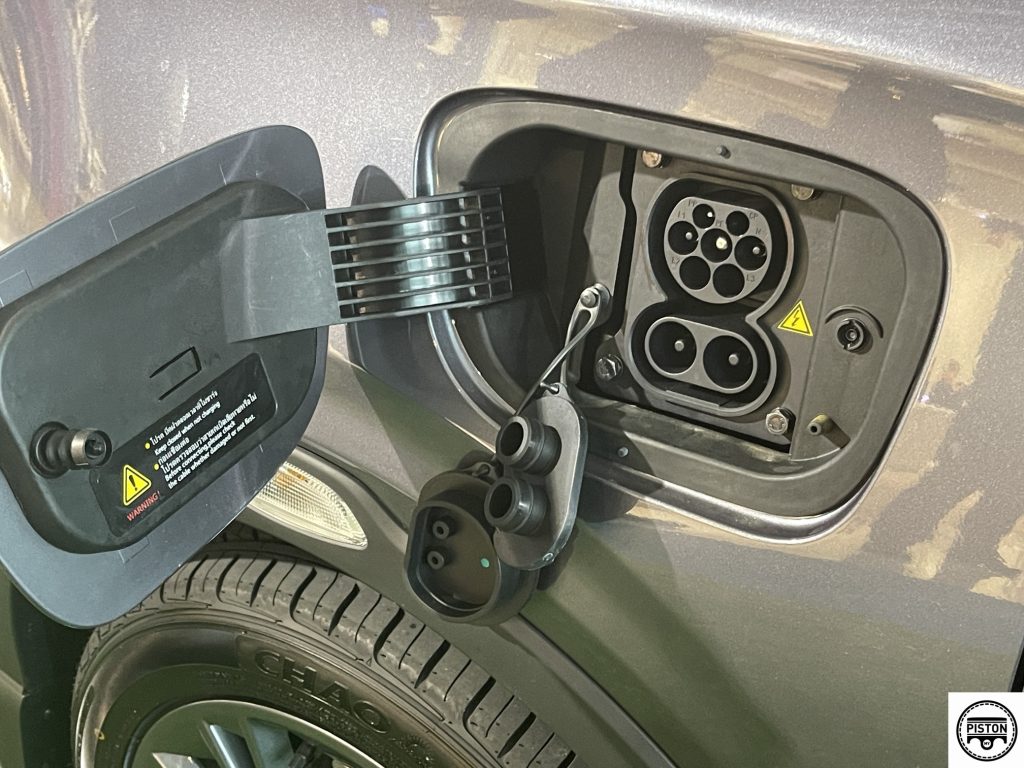
Investor Sentiment Echoes Market Uncertainty
Investors in the EV sector reflect a similar sentiment. The stock values of companies associated with EVs are witnessing a decline, illustrating a sense of hesitation and insecurity in the market.
Elon Musk’s Deferral
In a surprising turn of events, Tesla’s CEO, Elon Musk, recently announced a delay in the construction of the Gigafactory in Mexico. This decision is attributed to increased vehicle loan interest rates and the complex global economic environment.
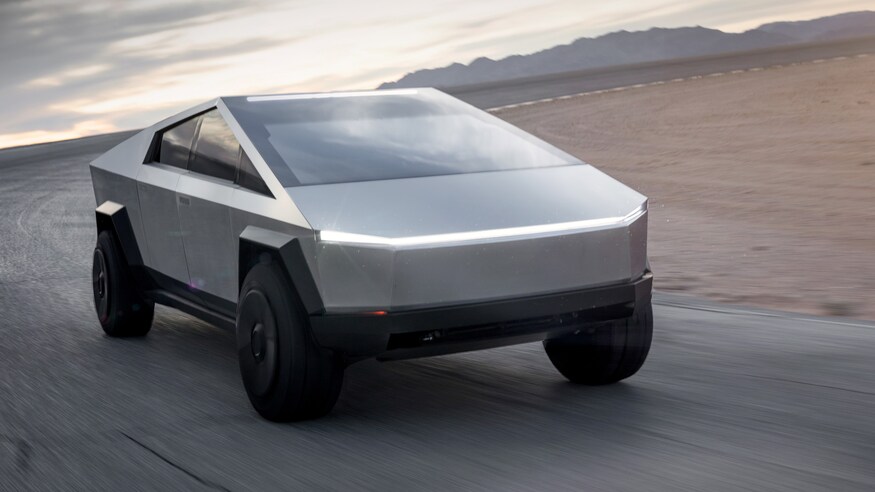
Nevertheless, it’s important to acknowledge that the EV market has displayed growth in various regions:
- United States: In the U.S., EV sales during the third quarter of this year hit a historic 300,000 units, marking a significant achievement in the American EV market.
- European Union: The European Union has witnessed an impressive 14.3 per cent surge in EV sales, underscoring its unwavering commitment to sustainable transportation.
- China: As a global frontrunner in EV adoption, China reported a remarkable 22 per cent rise in EV sales, reinforcing its stature in the electric vehicle sector.

Within the Association of Southeast Asian Nations (ASEAN) countries, including Malaysia, government incentives have stimulated EV sales growth. However, a potential policy shift, such as the withdrawal of EV tax incentives (including import tax exemptions), could affect EV prices, shedding light on the genuine demand for electric vehicles in these regions.
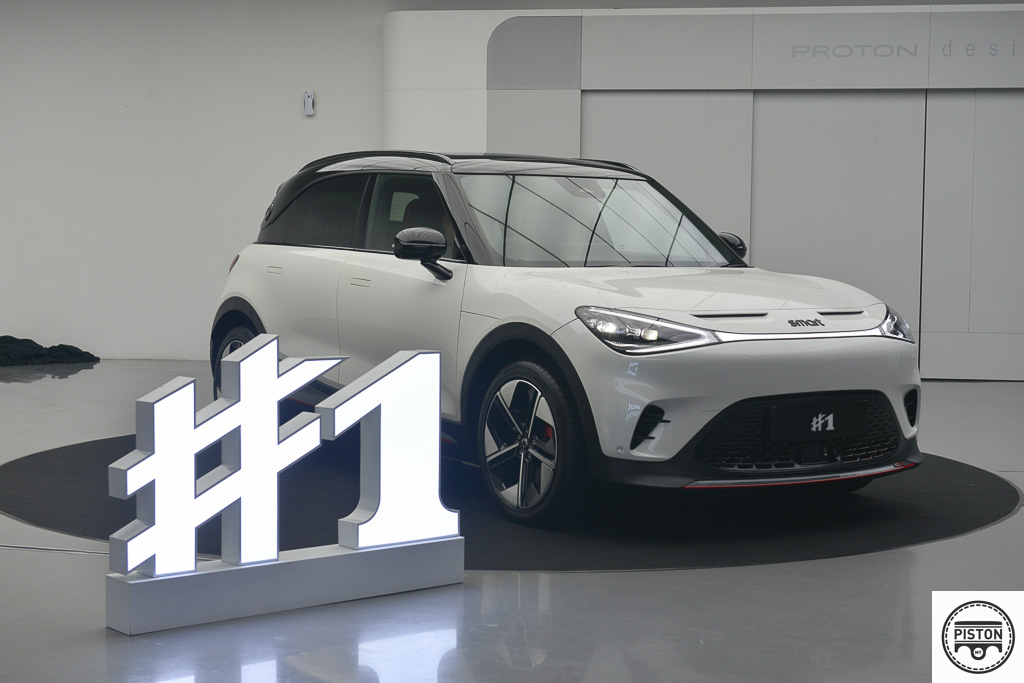
As the EV market navigates these challenges, it’s imperative for automakers and policymakers to closely monitor consumer sentiment, adapt to evolving economic dynamics, and persist in advancing sustainable mobility solutions. While the current market conditions might test the waters, the long-term commitment to electric vehicles remains resolute.


